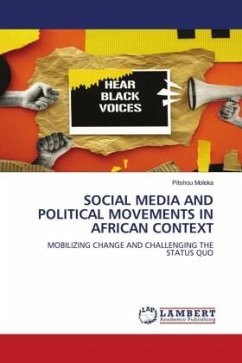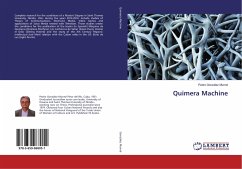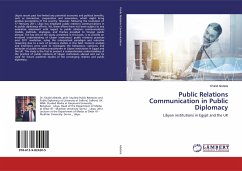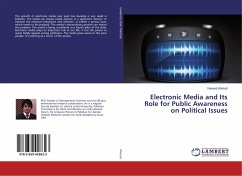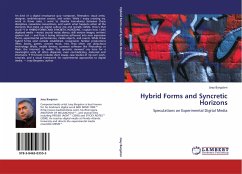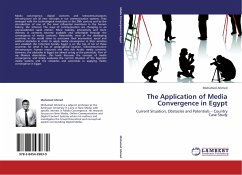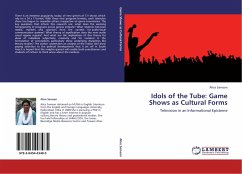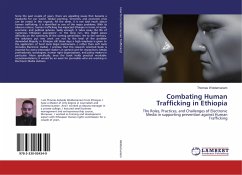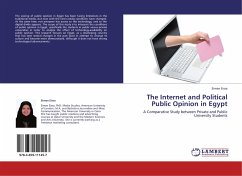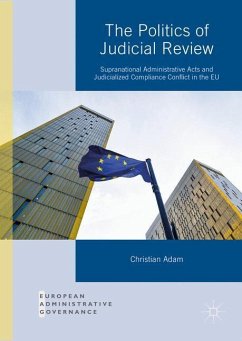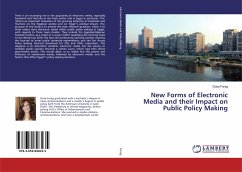
New Forms of Electronic Media and their Impact on Public Policy Making
Versandkostenfrei!
Versandfertig in 6-10 Tagen
47,99 €
inkl. MwSt.

PAYBACK Punkte
24 °P sammeln!
There is an increasing rise in the popularity of electronic media, especially Facebook and YouTube in the Arab world, and in Egypt in particular. This reflects an important indication of the growing influence of Facebook and YouTube on the Egyptian society and on Egypt s political stream. The purpose of this study is to answer the main research question, which is to what extent does electronic media affect public policy making in Egypt, with regards to three cases studies. They include the Egyptian/Algerian football conflict, as a result of a soccer match qualifying the winning team to the Wor...
There is an increasing rise in the popularity of electronic media, especially Facebook and YouTube in the Arab world, and in Egypt in particular. This reflects an important indication of the growing influence of Facebook and YouTube on the Egyptian society and on Egypt s political stream. The purpose of this study is to answer the main research question, which is to what extent does electronic media affect public policy making in Egypt, with regards to three cases studies. They include the Egyptian/Algerian football conflict, as a result of a soccer match qualifying the winning team to the World Cup 2010, the face-veil controversy, banning women wearing the face-veil to enter public university examinations, and the Fair Access Policy limiting Internet download for DSL and ADSL subscribers. The objective is to determine whether electronic media has the power to mobilize public opinion towards a certain cause, which may then affect government action. This would allow us to realize first the power and influence of mainstream media, followed by electronic media, and the factors that affect Egypt s policy making decisions.



